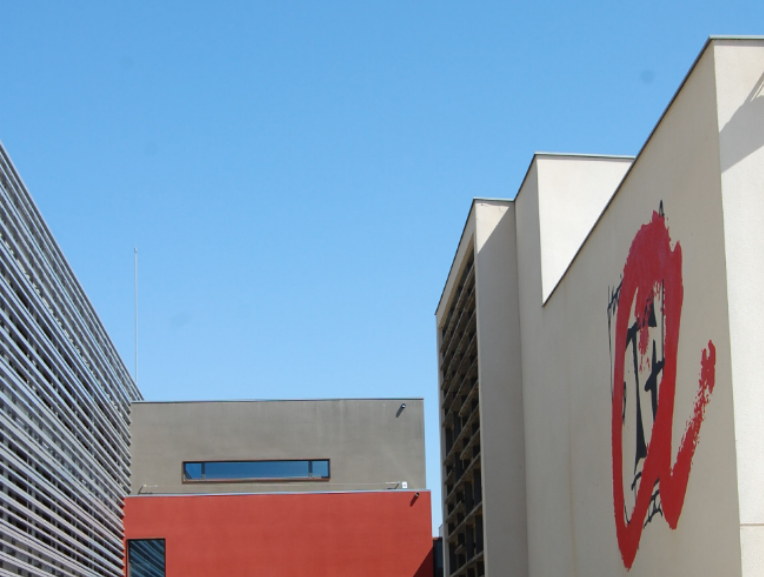08/10/2018
Culture and Knowledge, future guarantee
Editorial

Editorial
“Culture or civilization, taken in its broad ethnographic sense, is that complex whole which includes knowledge, belief, art, morals, law, custom, and any other capabilities and habits acquired by man as a member of society.” This is one of the broadest and most basic definitions of culture that the anthropologist Edward Burnett Tylor formulated in 1871. Culture is a phenomenon that shapes identity, and is one of the strengths of European society. The European Commission’s work plan for culture (2015–2018) aims to strengthen the collective identity as a mechanism for social cohesion and well-being.
Eurostat and UNESCO publications on cultural indicators reveal a picture of the reality in different European regions. The cultural level of a state reflects its level of development. Development is also measured in terms of knowledge and investment in the cultural sector. Understanding culture as a holistic hub from which build bridges with other sectors such as education, entrepreneurship and creativity or innovation. For this reason, cultural indicators are essential if an appropriate cultural policy for our region is to be developed and implemented.
This edition makes a reflection on culture. First of all, there is an article which highlights the link between economic and cultural development. Moreover, Xavier Graset, proposes his view about culture and its role in Southern Catalonia. In addition, in the section on Good practices, Flemish Brabant is shown to be a paradigm of how culture can contribute to regional economic and social development. Finally, in the section Discovering Southern Catalonia, Tarraco Viva is presented as a representative example of a cultural event in our region.
What is your cultural vision of Southern Catalonia? It would be a pleasure to receive your opinions and comments so that a knowledge region can be developed that integrates us all.
Francesc Xavier Grau Vidal
